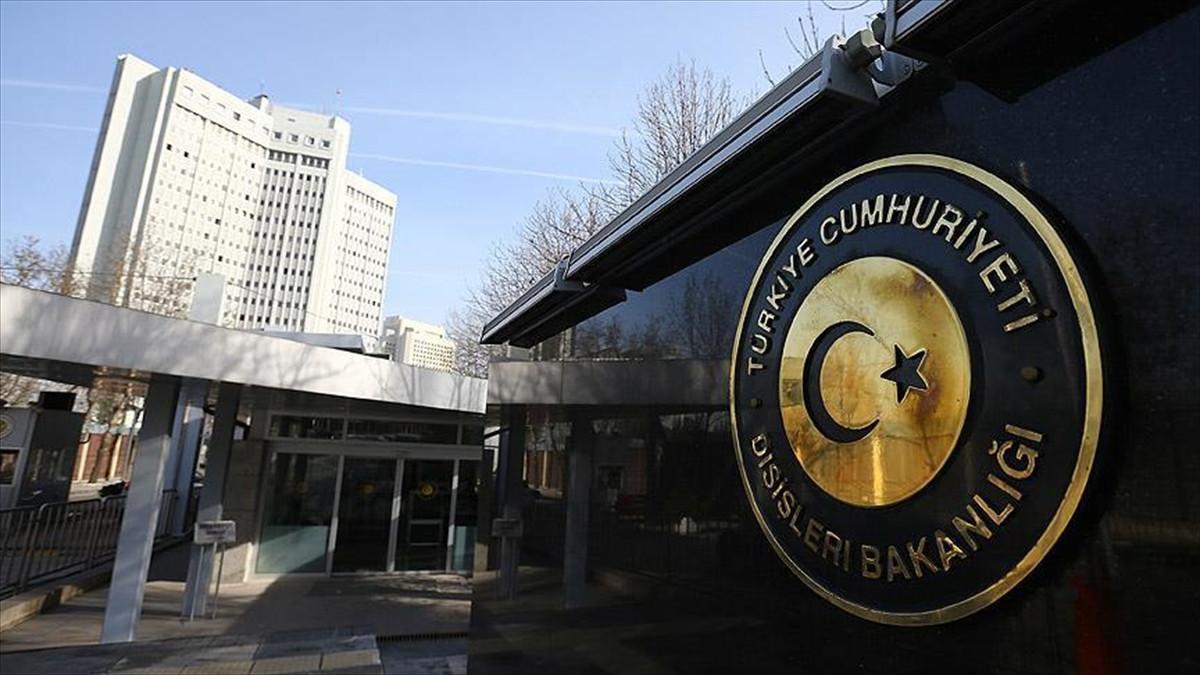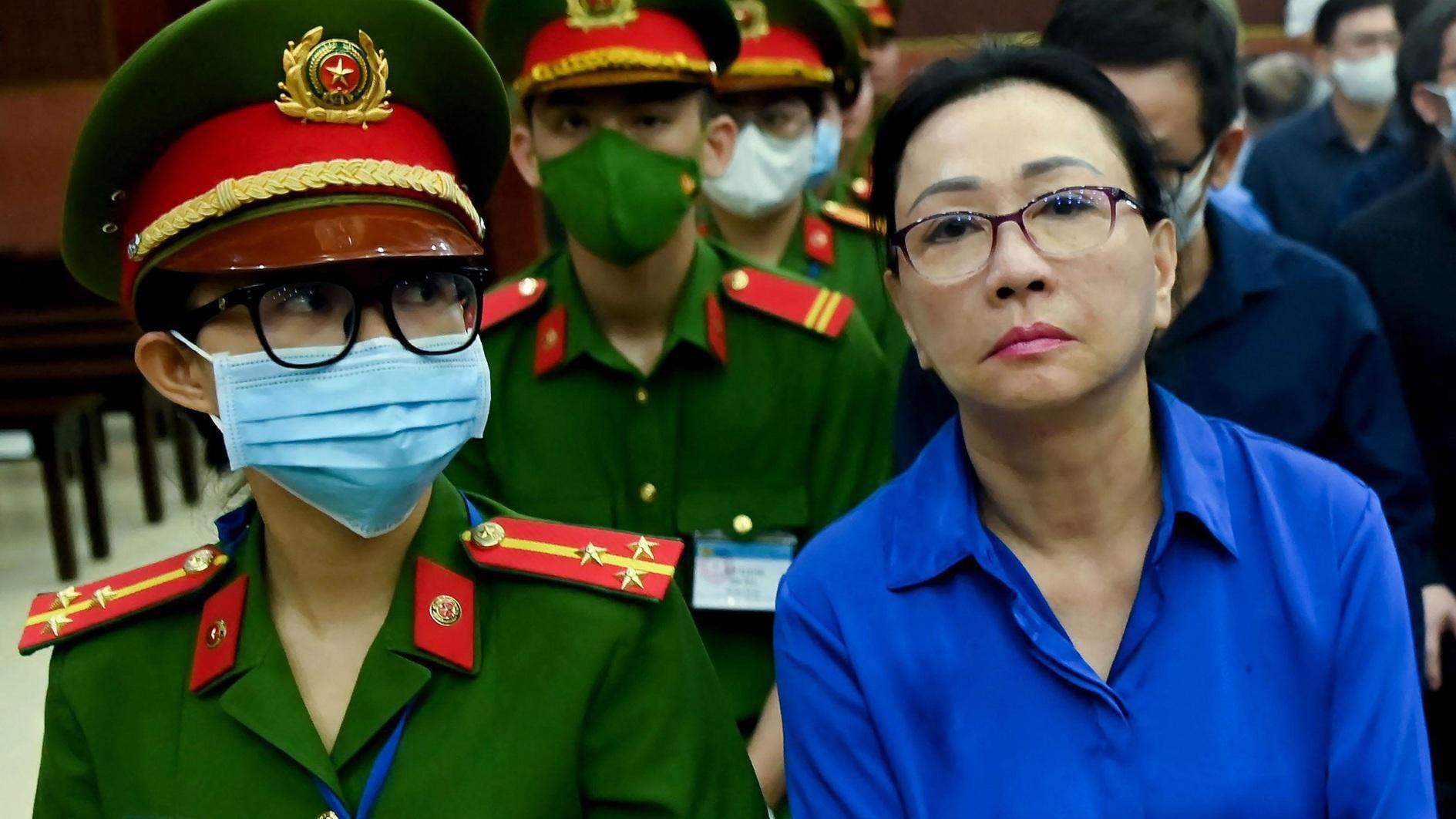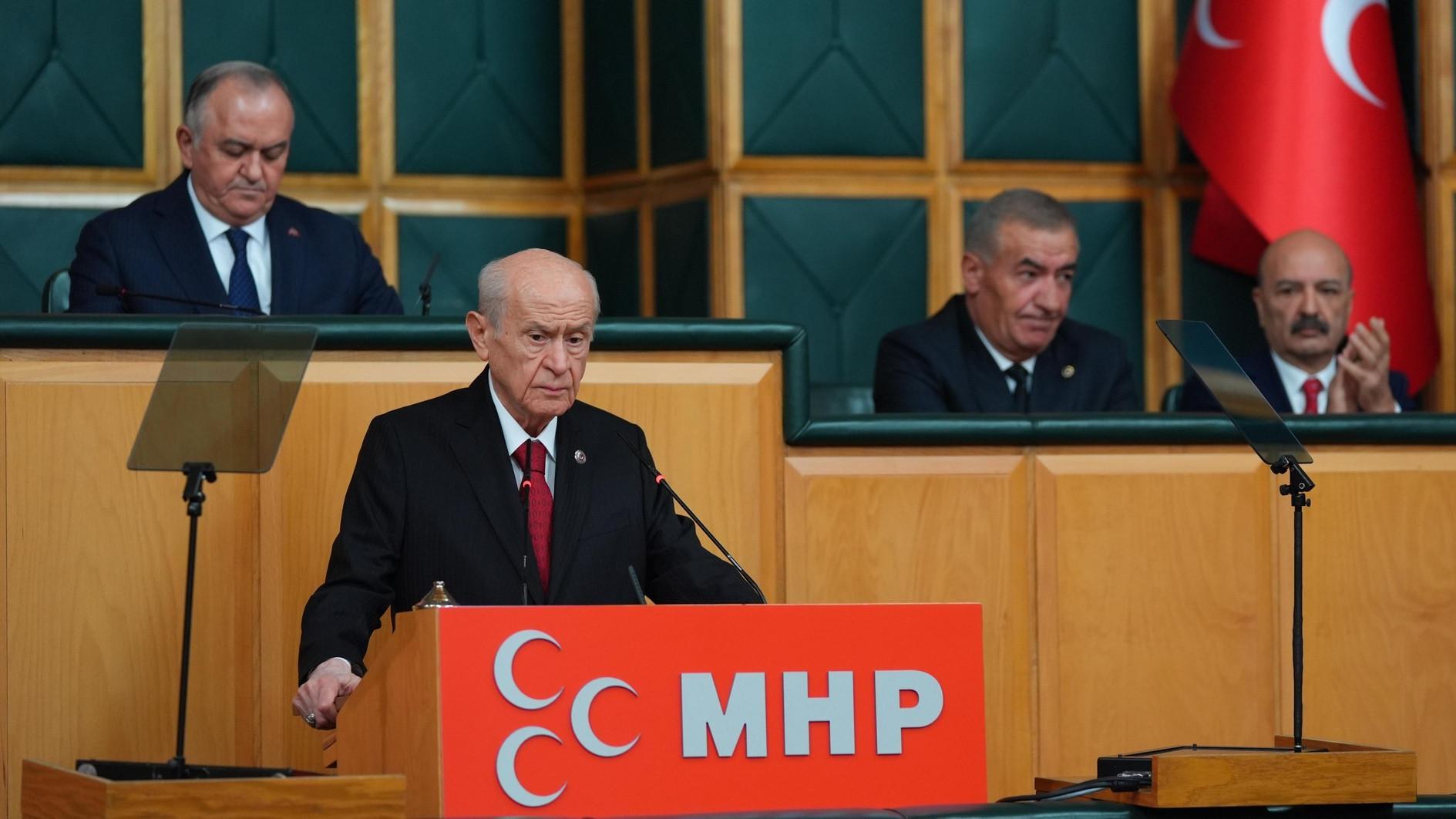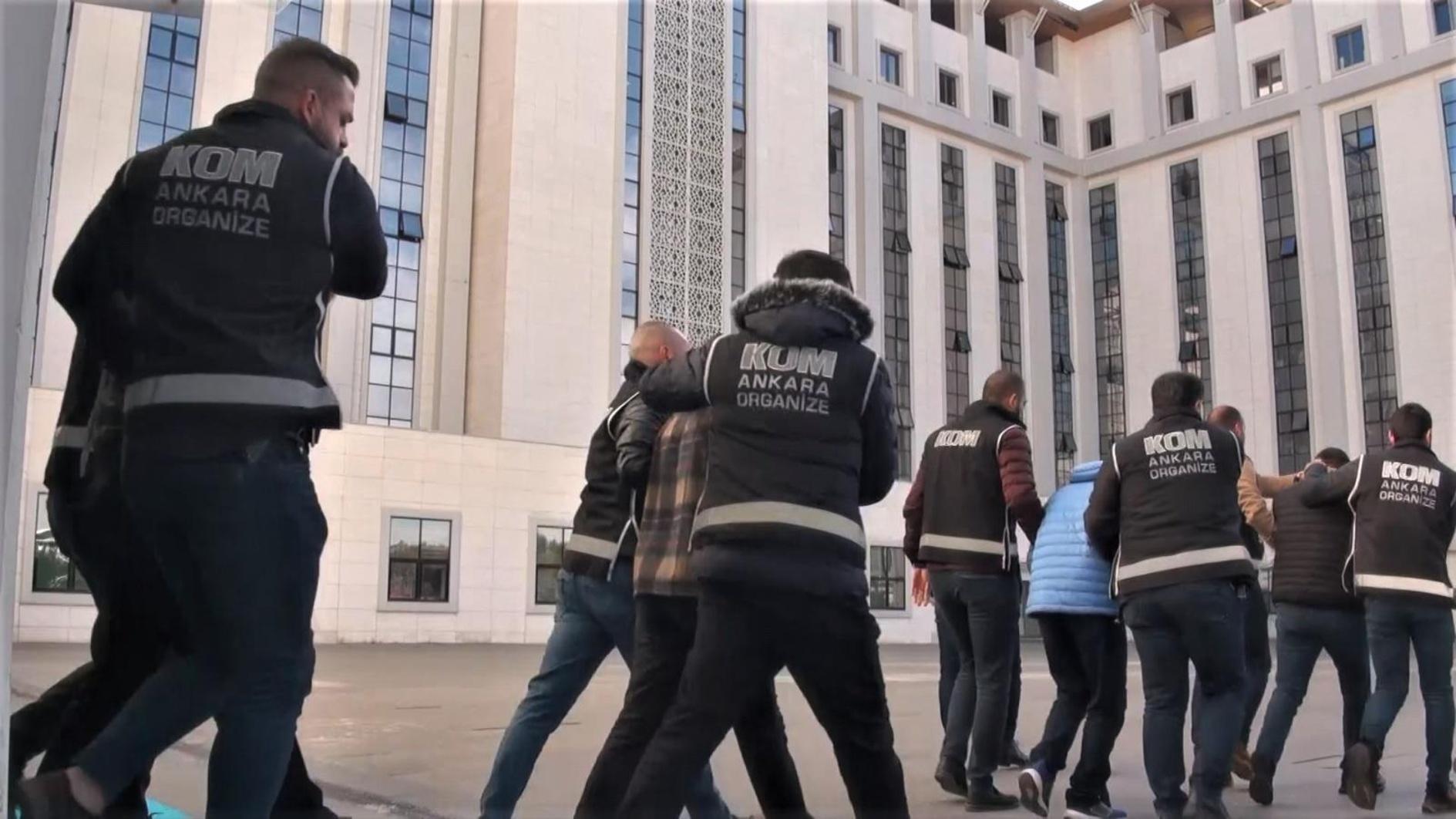Turkey says it is committed to peace protocols ‘despite Armenia’s negative stance’
ANKARA

Turkey has said it is still committed to the protocols signed with Armenia in 2009, which have not yet been ratified by either side, “despite Yerevan’s negative stance” in proceeding with the normalization of bilateral ties and the establishment of diplomatic relations.
“Despite Armenia’s negative stance on the Protocols, Turkey is committed to the primary clauses of the Protocols. These Protocols are still on the agenda of the Turkish Grand National Assembly’s Foreign Affairs Commission. For their ratification it is essential that a favorable political atmosphere and peace in the South Caucasus is secured,” read a written statement issued by the Foreign Ministry on Dec. 14.
The statement came after Armenian Foreign Minister Edward Nalbandian said Turkey is responsible for the delay in the ratification of the protocols signed between Turkey and Armenia on Oct. 10, 2009, vowing that the Armenian government would annul the said protocols.
“These claims do not reflect the truth and aim to mislead world public opinion,” the Turkish Foreign Ministry said in response, suggesting that Ankara had made efforts to normalize relations with Armenia “on several levels” after Armenia proclaimed its independence in 1991.
The statement underlined the fact that the Constitutional Court of Armenia introduced “additional preconditions and restrictive clauses that are against the letter and spirit of the protocols through a ruling in 2010.” It also recalled that Armenian President Serzh Sargysyan publicly announced in 2010 that the ratification of the protocols was suspended.
‘Comprehensive peace needed in the region’
“Turkey’s primary target pertaining to the Protocols process is to realize the normalization of relations between Turkey and Armenia so comprehensive peace and stability in the South Caucasus is provided,” read the statement, referring to the ongoing conflict between Armenia and Azerbaijan.
“In this vein, it is necessary that progress is achieved in the settlement of the Nagorno-Karabakh conflict, based on Azerbaijan’s territorial integrity and in light of the relevant resolutions of the U.N. Security Council. In any case, Armenia must put an end to its invasion of Azerbaijan’s territories,” it added.
‘Genocide claims baseless’
The Foreign Ministry statement also responded to Nalbandian’s remarks on the 1915 mass killings of Armenians at the hands of the Ottoman Empire.
“Mr. Nalbandian’s claims on genocide in his speech do not reflect the truth either. As ascertained by the decisions of the European Court of Human Rights, the 1915 events are a matter of legitimate debate within the framework of freedom of expression,” it said.
“The attempts of ill-intentioned groups to impose their one-sided narrative and to exert pressure on world public opinion are morally and legally incorrect and do not contribute to peace and stability in our region. Our expectation from Armenia is that it answers for one of the gravest crimes against humanity in recent history, the Hocalı Massacre, rather than dealing with controversial historical events,” it added, referring to the February 1992 massacre of Azerbaijani civilians during the during the Nagorno-Karabakh War.
















